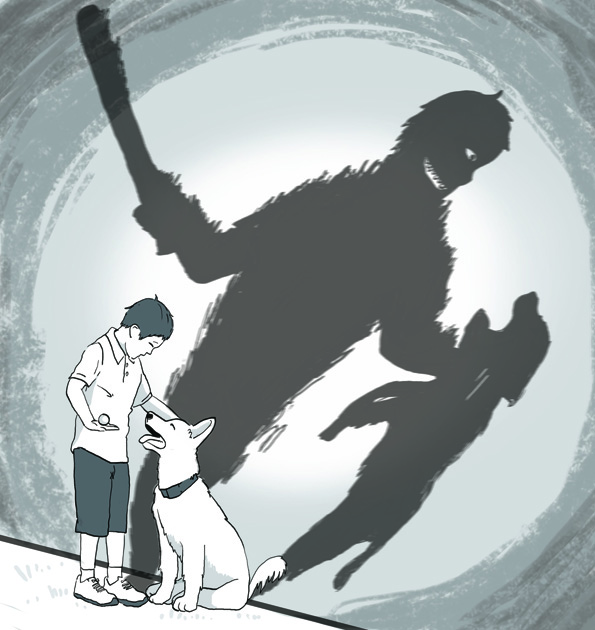The number of people living with animals stands at 10 million. Not only in Korea, but more and more animals are being raised around the world, and the variety of animals has grown.
Although the market for companion animals has grown a lot, recent animal abuse issues have shown that a mature culture of companion animals has not yet emerged.
Last May, there was an animal abuse event where a flock of stingrays was found torn in half in Australia. In response, Australia’s Stingray Protection Agency called for tougher penalties and enforcement of the laws for the protection of the rays from the government. On the same day, a man in Turkey cut both of his dog’s ears and took pictures of it because the dog lost a fight with another dog. However, the Turkish government imposed a slap on the wrist with a fine of $1,000. Thus, it is not easy to find an example of a strong punishment for cruelty to animals. Korea enacted the Animals Protection Act and it was finally implemented at the end of 2015 after undergoing two revisions.
However, animal abuse has still continued to escalate. The Ministry of Food, Agriculture and Rural Affairs promulgated a revision to strengthen the laws protecting animals against animal abuse in March. In the past, only the act of killing animals was considered for punishment, but now the amendment includes the act of leading animals to death. It also has been enhanced by fines of up to 20 million won or imprisonment for two years.
Unlike Korea, the laws for animal rights in the United States have been carefully and strictly managed in two ways: animal rights laws and the Health Research Act. It is a law that was enacted for the purpose of regulating the use of animals in relation to health. Therefore, this act must be followed when performing health tasks using animals. In addition, it specifies that the animal rights laws and ‘The Guide for the Care and Use of Laboratory Animals’ must be followed simultaneously, and more than 80% of Americans observe this law. The United States also created a revision of the laws, as the abuses have still occurred. The government has strengthened the level of punishment, such as prohibiting access to animals for 10 years after a conviction of animal neglect. As more and more countries have adopted animal protection laws, many people are trying to avoid animal abuse and are trying to establish a mature companion animal culture.
In the case of Chungbuk University, the student council of the College of Veterinary Medicine is taking the lead in strengthening the companion animal culture by holding an annual festival. Kim Dae-hwan, the head of the veterinary college student council said, “This festival that is hosted by people who are interested in interacting with other people who love animals has expanded nationwide over the years. This shows that more and more people are treating animals as part of the family and are creating a healthy animal companion culture. We will strive to make people have a mature perspective toward animals.” In fact, the College of Veterinary Medicine has been keeping abandoned animals for temporary protection and giving them out to people who want to adopt them, which has helped spotlight the benefits of the event.
With the revisions of animal protection acts all over the world, the punishments for cruelty to animals in Korea will also be reinforced, and that will help improve the treatment of animals in the future. Kim Sung-soo, the head of an animal hospital in CheongJu, said, “The previous animal protection laws were too lenient to punish people for animal cruelty. Therefore, the revision will be a good starting point for improving the treatment of animals. Those who want to raise animals should think carefully as they are responsible for a life. Also, since 2014, animal registration has been implemented, so those who have not registered must register and fulfill their responsibilities as an owner.” He hopes that the culture of companion animals will continue to mature.
By Nam Min-woo l mw38@cbnu.ac.kr
Illustraed by Pack Han-na


 All
All Experience
Experience






 Nam Min-woo
Nam Min-woo











